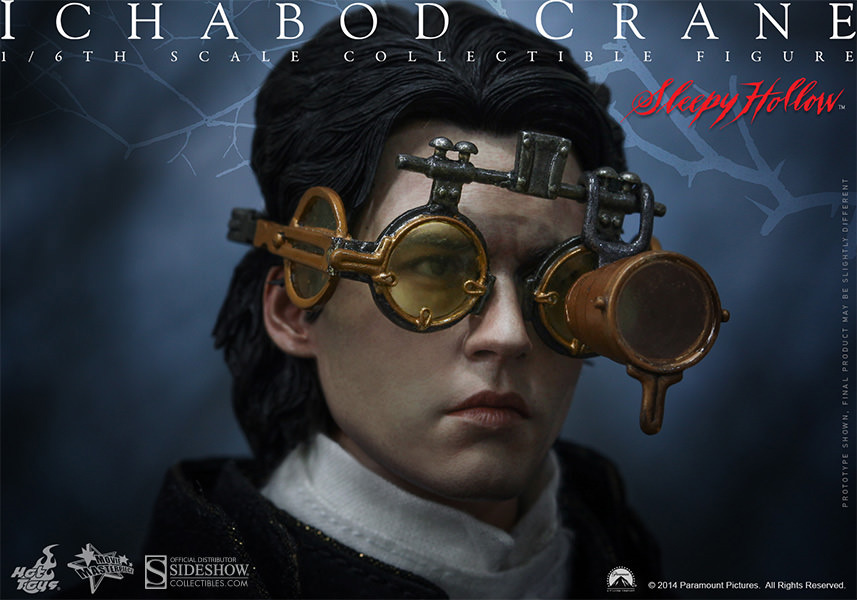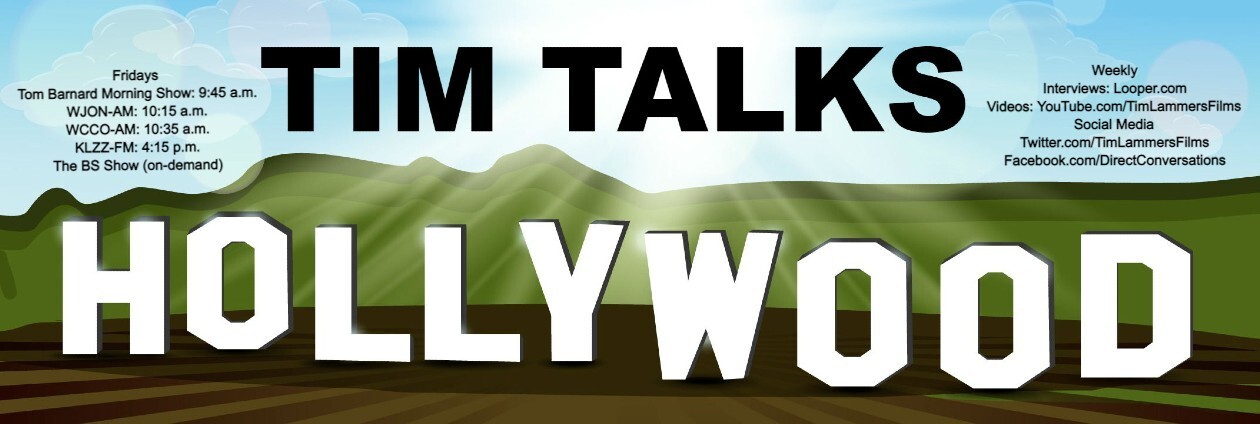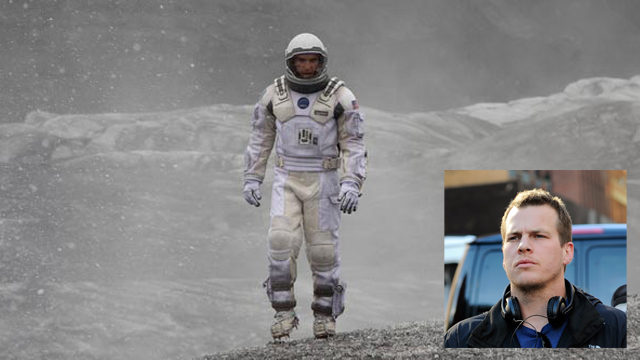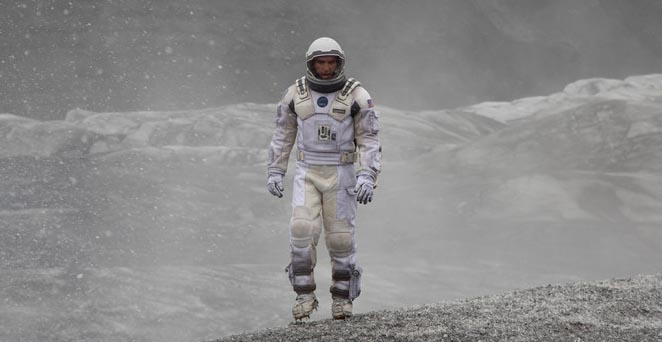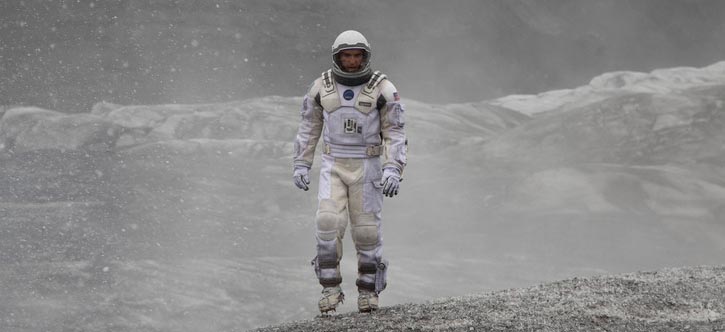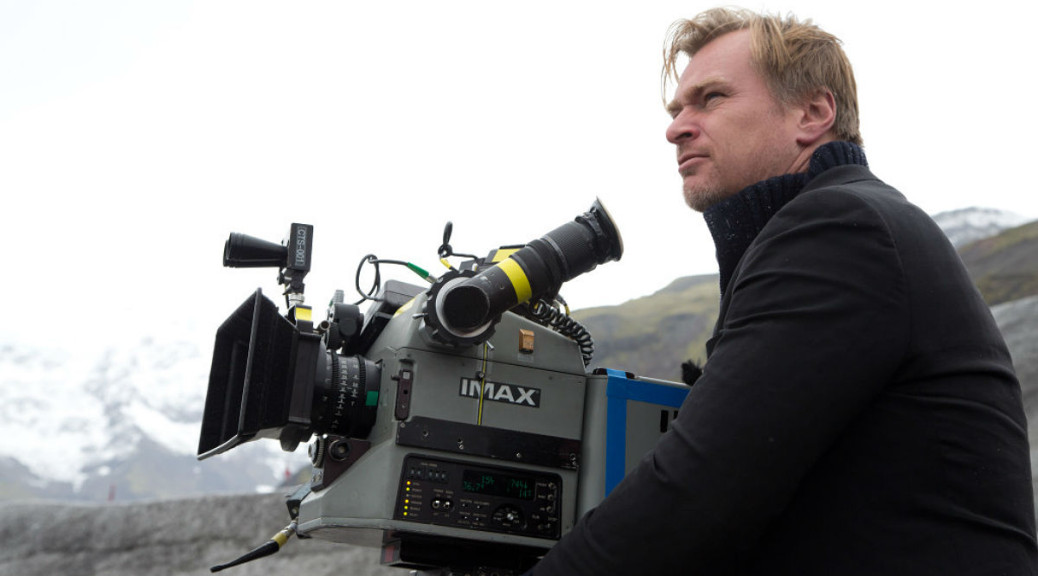If you found yourself desperate to watch “Interstellar” again after you caught the sci-fi epic on the big screen, Jonathan Nolan is thrilled to reopen up the rocket hatch for another ride on home video.
In fact, the heralded screenwriter, who co-wrote the critically acclaimed blockbuster with his director brother, Christopher Nolan, told me that the two crafted the screenplay as such so movie fans would want to see the film again, hoping they would absorb even more details the second time around.
“That’s the way my brother and I grew up watching movies. If we found one we liked, we watched it obsessively,” Jonathan Nolan, who goes by Jonah, said in a phone interview Monday. “If we found more detail in the second and third viewings, that really became the hallmark of a great film to us.
“With ‘Interstellar,’ there were extra challenges there involving mind-bending physics and the science that we grounded the film in, and that took us years and years to figure out on our end,” Nolan added. “It’s a film that has a density to it on that level, and hopefully it will be enjoyed more and more on that level as you begin to understand the rule-set and some of the concepts that are quite alien the first time through them. Space-time curvature and time warps are a lot to wrap your head around.”
Interview: Christopher Nolan talks ‘Interstellar’
New on Blu-ray and DVD (Paramount Home Media Distribution), “Interstellar” stars Matthew McConaughey as Cooper, a former pilot and engineer-turned-farmer in an unspecified time in Earth’s future. Climate conditions reminiscent of the Dust Bowl era of the 1930s have eliminated much of the world’s food supply, and blight has eradicated wheat and farmers can only grow corn.
Following an odd ghost-like occurrence involving his youngest daughter, Murph (MacKenzie Foy), Cooper finds his way to the now secretly-funded NASA, which tells him that his children’s generation will be the last to survive on the dying planet. Prompted by his old colleague, Professor Brand (Michael Caine), Cooper is asked to pilot an interstellar mission to another galaxy in hopes of finding a world where the human race can survive. The catch is, the widower will have to leave Murph and her older brother behind, perhaps never to see them again.
“Interstellar” also stars Anne Hathaway as Brand’s daughter, Amelia — a doctor on the spacecraft whose emotional vulnerabilities cloud the mission — and Jessica Chastain as the adult version of Murph, who has grown up resenting her father because she felt abandoned.
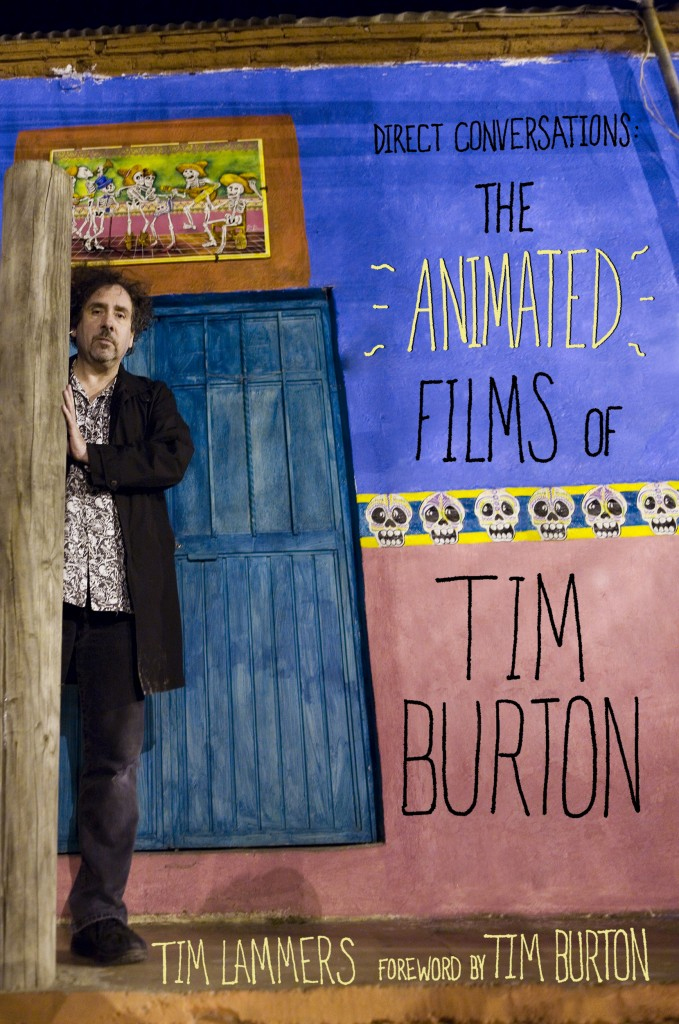
With a narrative that ties together such elaborate concepts as wormholes, black holes and the idea of love transcending the boundaries of space and time, Nolan no doubt tackled with his brother their most ambitious project to date with “Interstellar”; and we’re talking the same brothers who brilliantly penned mind-bending complexities into such films the last two chapters of the “The Dark Knight” trilogy, “The Prestige” and “Memento” (Jonah penned the original short story, while Christopher wrote the screenplay).
“For me, and I can’t speak for Chris, the ambition was to try to tell a story that certainly wouldn’t encompass, but pointed to the full scope of the human experience,” Jonah Nolan explained. “Most of the films you watch, with a handful of exceptions — ‘2001: A Space Odyssey’ being one of them — concentrate on one protagonist and one storyline. But really, the human story for me — especially when I looked at the achievements of NASA and the scientists involved, and the scientists from Newton onward, building the work of the work of ones that came before them for thousands of years — was really a generational story.”
So, Nolan said, while McConaughey’s Cooper is “one protagonist in the piece,” there’s ultimately something going on that’s much bigger than him.
“The real protagonist is humanity, and the work that we do that we hand from one generation to the next in the hopes that we might survive and maybe even prosper,” Nolan said.
Ground zero
Perhaps the most interesting aspect of “Interstellar’s” history is that the film did not originate as a project for the Nolan brothers. In fact, one of the film’s producers, Lynda Obst and world-renown theoretical physicist Kip Thorne (who was a consultant on the script and was an executive producer), first hired Jonah Nolan to write the script with Steven Spielberg attached to direct.
Once the opportunity came for Christopher Nolan to direct the film, Jonah Nolan said his brother didn’t scrap what he started to build things from scratch, but continued to add layers to the foundation of his younger sibling’s narrative.
“When I worked with Kip, Lynda and Steven, I brought some ideas to the table and they brought some, and when Chris came to the project, he brought some of his own,” Nolan said. “Often what happens with my collaborations with Chris is, he gets in there and takes one of my ideas and puts his own inimitable spin on it, or adds a beautiful idea of his own.”
One of the biggest changes Christopher Nolan made to the script, Jonah Nolan said, came with a recalibration of the ending of the screenplay, giving it a much more powerful emotional punch.
“The ending to my script was quite pedestrian in comparison to his, and what Chris added to it had the scope and scale of the emotion in the film. It was so beautiful,” Nolan observed. “We have a really fun relationship because he gets to take my ideas and twist them around, and I get to take his ideas and twist them around. We surely think alike in a lot of ways, but he has his own unique perspective.”
And in the case of “Interstellar,” that perspective of being a parent drove Christopher Nolan and eventually, Jonah.
“Most of the work I did on ‘Interstellar’ happened before I was a parent or even married. But when he started working on the script, he had lots of kids and brought that perspective to it,” Jonah Nolan said. “He was bringing the perspective of a father to the storyline, where I was kind of guessing the emotions you would feel with a real acuity. The script clearly benefited from that. It’s always a great experience collaborating on a project with him for that very reason.”
While Christopher Nolan has yet to announce his next project, Jonah Nolan is well into his. The filmmaker wrote and directed the pilot episode of his new HBO series “Westworld,” starring the likes of Anthony Hopkins, James Marsden, Ed Harris and Thandie Newton. Created by Nolan and his wife, Lisa Joy, the re-imagining of the 1973 sci-fi favorite starring Yul Brynner film will debut sometime this year.
